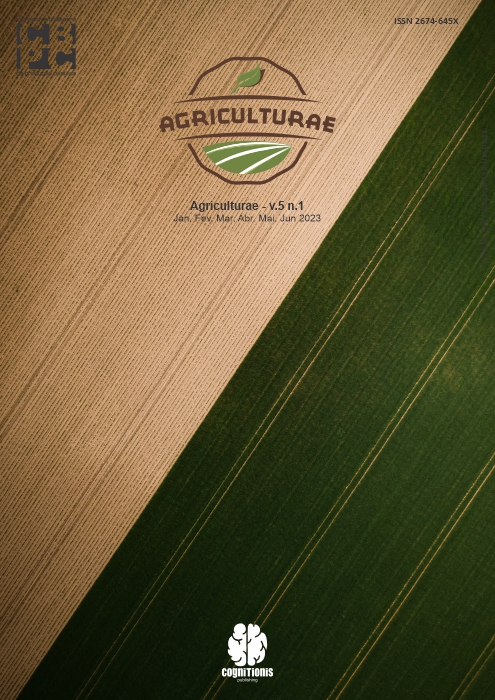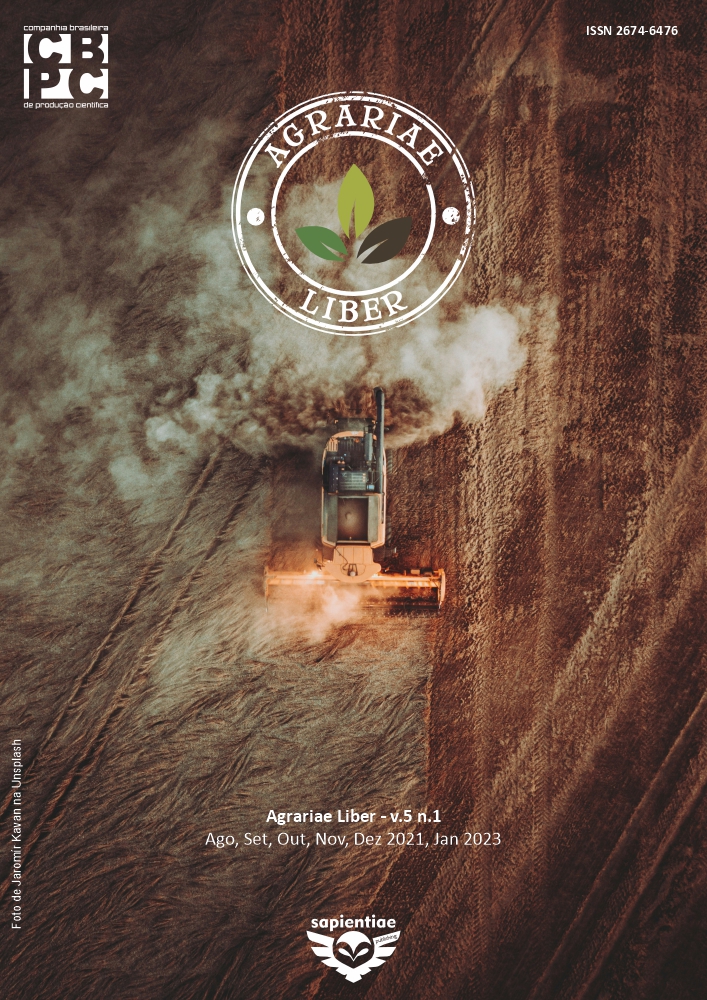Coastal development in the Amazon: socio-environmental problems on the coast of Pará, Brazil
DOI:
https://doi.org/10.6008/CBPC2237-9290.2021.001.0009Keywords:
Planning, Coastal management, Public policy, BeachAbstract
This research aimed to identify the socioenvironmental problems in the main ocean beaches on the coast of Pará (Pará, Amazonia, Brazil) and discuss them with emphasis on the planning, management and development of this region. The analyzed beaches were Ajuruteua (Bragança), Princesa (Maracanã), Atalaia and Maçarico (Salinópolis). The recreational carrying capacity (RCC) and DPSIR methods were used. The parameters used to assess water quality were unsatisfactory for the beaches of Ajuruteua, Maçarico and Atalaia. The ecological quality of Princesa beach was considered excellent. Atalaia beach had better service quality indexes. The RCC showed a decrease in the capacity of all beaches. The DPSIR analysis showed the state of the four beaches. The natural and anthropogenic pressures observed were erosion, high rainfall, high water turbidity, lack of planning for socioeconomic development, disordered land use and occupation, lack of sanitation and lack of coastal management and adequate infrastructure. Socio-environmental problems reveal that Atalaia and Ajuruteua beaches are the most impacted. The state in which the beaches are located suggests that there was no planning for the socioeconomic development of the coast of Pará and that the public policies adopted by the municipalities are not being applied.
Downloads
Downloads
Published
Issue
Section
License
The CBPC - Companhia Brasileira de Produção Científica (Brazil CNPJ: 11.221.422/0001-03) the material rights of the published works. The rights relate to the publication of the work anywhere in the world, including rights to renewals, expansions and dissemination of the contribution, as well as other subsidiary rights. All electronically published works may subsequently be published in printed collections under the coordination of this company and / or its partners. The authors preserve the copyright, but are not allowed to publish the contribution in another medium, printed or digital, in Portuguese or in translation.








